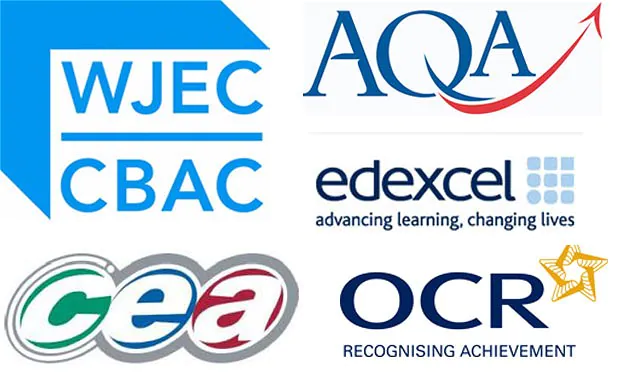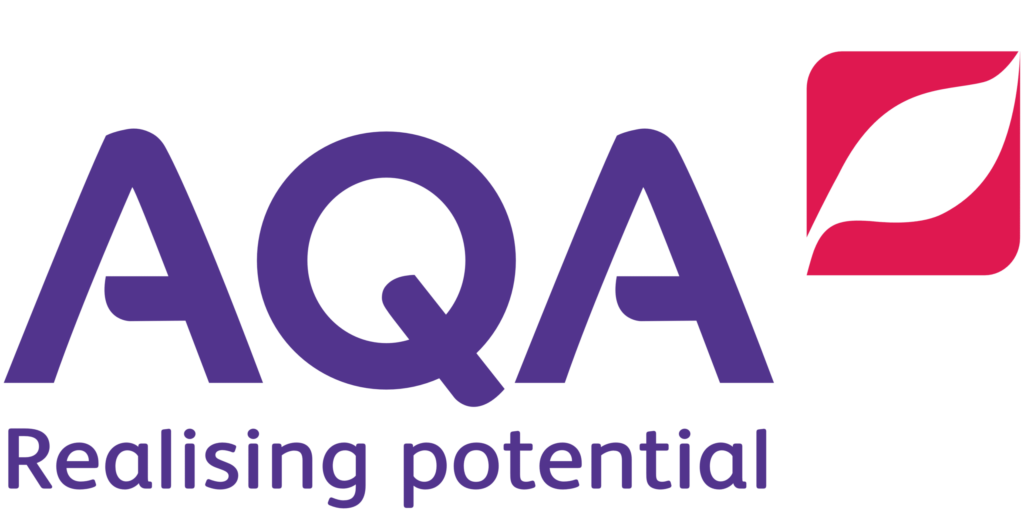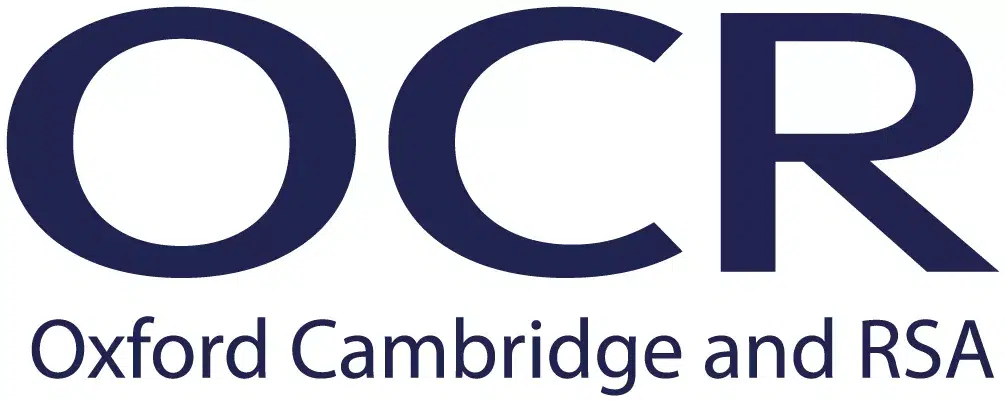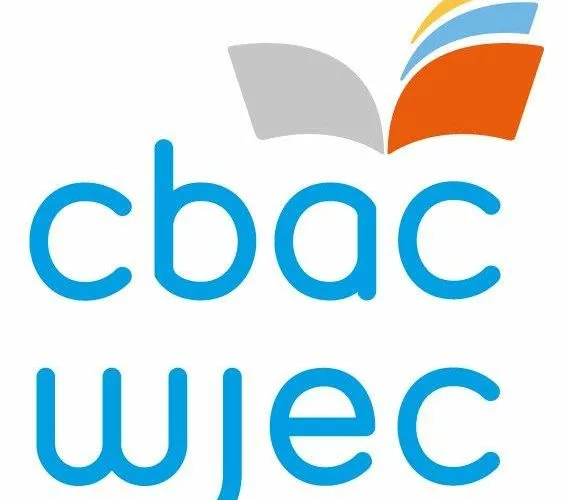Choosing between a GCSE and an IGCSE examination can be daunting, as the two exams have some similarity but also distinct differences. In this article, we’ll discuss the institutional information, content covered in each exam, and the grading system to help you understand the distinction between GCSE and IGCSE.
Comparing Curriculums – What’s the Difference?
Although the syllabuses of GCSE and IGCSE are both broad, there are some differences in what topics are covered. The core content of a GCSE tends to cover more topics, while IGCSEs can offer exams on more complex material – allowing for a deeper exploration of certain topics. Generally, IGCSE exams tend to require pupils to demonstrate a higher level of analytical and technical skills than a GCSE.

GCSEs are regularly updated, with new topics added to the learning outcomes and old topics gradually phased out. The core subjects of a GCSE include mathematics, science, English language, English literature, history and geography. IGCSEs on the other hand usually include additional topics such as additional sciences (biology, chemistry and physics) or alternative language options. Additionally some IGCSE’s offer optional modules in IT or engineering which are not available under the common GCSE curriculum.
Assessments – How They Differ
The assessments within GCSE and IGCSE exams also differ. While GCSE assessments are usually taken in the form of multiple-choice, as well as written paper tests online or on paper, IGCSEs can sometimes include practical exams as well. Additionally, many qualifications – such as single sciences and mathematics – are now offered with both linear (where pupils take all their exams at the end) and unitised structures.

Exam boards also factor into the difference between GCSE and IGCSE. In England, Wales, and Northern Ireland, there are three main exam boards: AQA, Edexcel (Pearson), and OCR; four in Scotland; and four for IGCSEs. Within each of these organisations are several syllabuses which differ by subject area. For example, AQA offers at least 20 different GCSEs alone, while Edexcel offers both UK and international qualifications. Each board charges its own fees and assigns specific grade boundaries to exams – making it worth fact-checking details with the qualification issuer before enrolling or entering a course.
Exam Length & Depth of Learning
One of the main differences between GCSE and IGCSE exams relates to the length and depth of learning. GCSEs assess learning over two-year time frames, while IGCSEs are typically studied over a longer timescale. As these exams place a greater emphasis on understanding topics in-depth, this makes time for broader, deeper exploration of subjects.

GCSEs provide a range of qualifications, from single-subject qualifications to full-course qualifications, giving learners plenty of options for recognition in the future. By contrast, IGCSEs represent a more in-depth academic qualification with greater subject depth, making them suitable for those who are seeking a more challenging and comprehensive education. IGCSE courses also offer more flexibility in their assessment structures than GCSEs, with more options available for teachers to tailor the exam assessments to each individual student.
Quality of Grades Obtained
When looking at GCSEs and IGCSEs there is no notable difference in the quality of grades. Both provide grades based on the same standards. It won’t make a difference whether someone takes a GCSE or an IGCSE; they’ll still achieve the same excellent standard in their knowledge of the subject matter as long as they are prepared to put in the work that’s needed for success.
The main distinction between the two qualifications is that IGCSEs have been designed for further internationalization and standardization, allowing them to be recognized more easily by employers, universities and colleges worldwide. This means that if an IGCSE course is taught in one location but obtained in another, it still meets the same requirements. While GCSEs replace O-Levels and CSEs, they remain primarily focused on UK education programmes. On the other hand, the IGCSE has been adopted to a wider international audience.
Availability of Courses & Exams Worldwide
If you’re looking for a more worldwide option, IGCSEs may be the right choice. GCSEs are largely limited to the UK, while IGCSEs are offered in many more countries and languages. In addition to having exams available in different languages it is also possible to submit work in a language other than English, which might be more comfortable for some candidates.

One of the major differences between GCSEs and IGCSEs is that the latter allows a greater degree of flexibility, with course work or portfolio assessments comprising a relatively large portion of final graded results. This means that students have more freedom to demonstrate where their strengths lie, as long as they are able to complete course requirements in time. It also allows for greater teaching innovation when it comes to deciding how best to actively engage pupils and help them understand topicscovered in class or on independent study.
At Online Super Tutors, we offer tutoring services for both adults and kids in a variety of subjects: Whether you’re looking to improve your grades, prepare for a standardized test, or simply want to learn something new, super tutoring can help. So why wait? Get in touch with us today and start your journey towards academic success!
Please see our Google reviews below as an example of what our clients feel about us:






